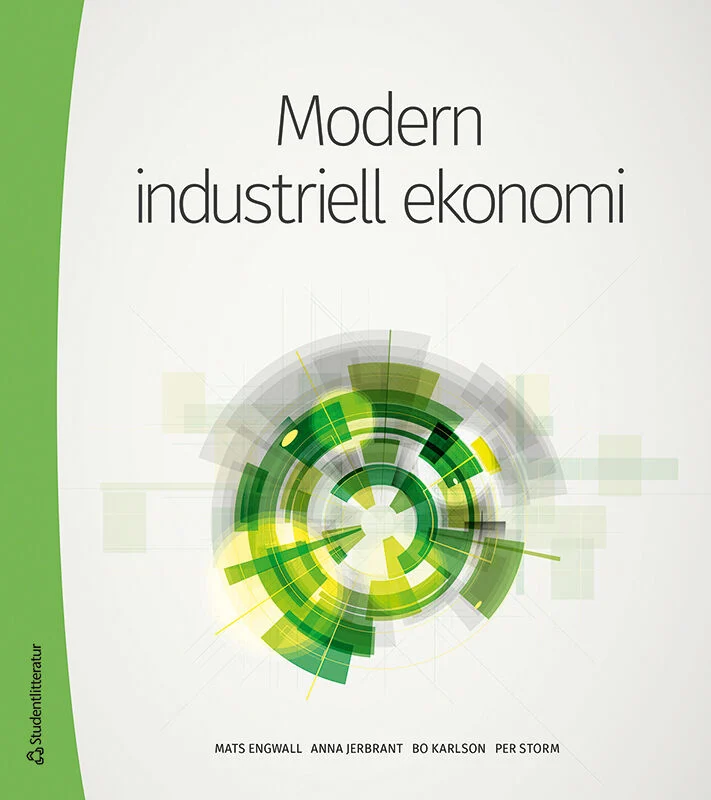- The course provides knowledge about how business calculation is built up and is used in started new companies as well as in older established companies, where the infrastructure often is partly given.
- Practical work with product and investment calculations in the short-run as well as in the long run is carried out with cases from different companies in different branches.
- Updated qualitative and quantitative business calculation methods, that are used in technology oriented companies, are analysed, compared and evaluated.
- The process of creating and developing a business concept and implement it to an adequate market is studied. Different motives and impelling forces behind new companies are analysed.
- Practical work with different types of companies, their organizational models and marketing management.
HE1031 Economics and Organizational Theory 7.0 credits

Information per course offering
Information for Autumn 2026 Start 24 Aug 2026 programme students
- Course location
KTH Flemingsberg
- Duration
- 24 Aug 2026 - 23 Oct 2026
- Periods
Autumn 2026: P1 (7 hp)
- Pace of study
50%
- Application code
10289
- Form of study
Normal Daytime
- Language of instruction
Swedish
- Course memo
- Course memo is not published
- Number of places
Places are not limited
- Target group
- No information inserted
- Planned modular schedule
- [object Object]
- Schedule
- Schedule is not published
Contact
Course syllabus as PDF
Please note: all information from the Course syllabus is available on this page in an accessible format.
Course syllabus HE1031 (Autumn 2025–)Headings with content from the Course syllabus HE1031 (Autumn 2025–) are denoted with an asterisk ( )
Content and learning outcomes
Course contents
Intended learning outcomes
To be completed autumn 2019
Literature and preparations
Specific prerequisites
General entrance requirements. - successful completion of upper secondary education, knowledge of Swedish and English
Literature
You can find information about course literature either in the course memo for the course offering or in the course room in Canvas.
Examination and completion
Grading scale
A, B, C, D, E, FX, F
Examination
- ÖVN1 - Exercises, 2.0 credits, grading scale: P, F
- TEN1 - Examination, 5.0 credits, grading scale: A, B, C, D, E, FX, F
Based on recommendation from KTH’s coordinator for disabilities, the examiner will decide how to adapt an examination for students with documented disability.
The examiner may apply another examination format when re-examining individual students.
If the course is discontinued, students may request to be examined during the following two academic years.
Examiner
Ethical approach
- All members of a group are responsible for the group's work.
- In any assessment, every student shall honestly disclose any help received and sources used.
- In an oral assessment, every student shall be able to present and answer questions about the entire assignment and solution.
Further information
Course room in Canvas
Registered students find further information about the implementation of the course in the course room in Canvas. A link to the course room can be found under the tab Studies in the Personal menu at the start of the course.
Offered by
Main field of study
Technology
Education cycle
First cycle